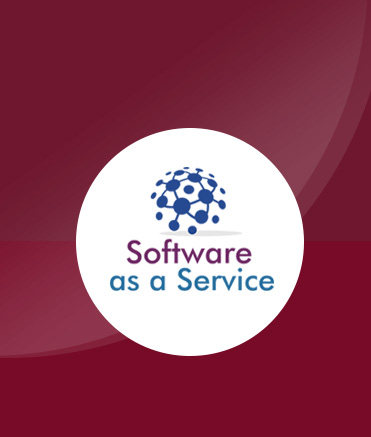Scorpion is a ground-breaking method to rationalize tight binding in protein-ligand complexes.
Based on the concept of cooperative networks, Scorpion offers exciting new insights into important molecular recognition phenomena and their impact on drug discovery.
Scorpion has the power to transform your approach to drug discovery.
Scorpion combines covalent and non-covalent interactions to create a cooperative network similar to a small-world network. Using this network concept, Scorpion then highlights ‘hotspots’, where small changes can lead to significant improvements in tight binding.
Based on a sophisticated network model trained on high quality protein structure data, drug leads are ‘scored’ or ranked according to their binding affinity.
To find out more about Scorpion and our new scoring function, ScorpionScore, including its key features and specifications, please see our slides, below.
Details regarding Scorpion, can also be found in our publication ” Rationalizing Tight Ligand Binding Through Cooperative Networks” J. Chem. Inf. Model., 2011, 51 (12), pp 3180–3198 http://dx.doi.org/10.1021/ci200319e.
Data sets of protein-ligand complexes used in the Scorpion analysis are provided via the link below.
For more information about Scorpion, please see our brochure or contact usto arrange your obligation free demonstration via video conference or site visit.
Scorpion: Using Cooperative networks to Understand Tight Binding (1833 KB)
Scorpion Data Sets (4365 KB)



